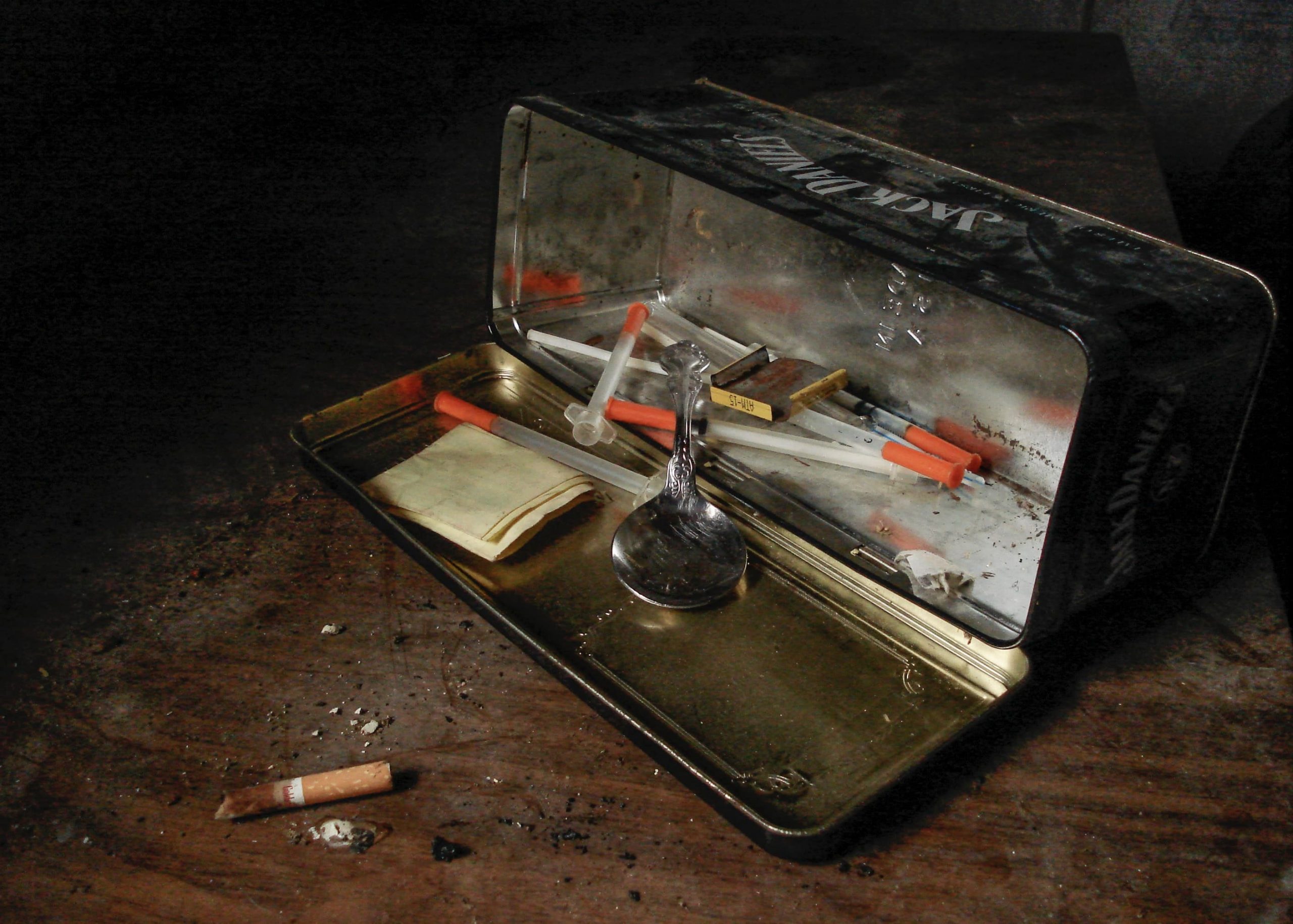If your teen has a neurodevelopmental disorder like ADHD, helping them grow into healthy, functioning, and happy adults can feel challenging. However, with the right strategies and preparation, you can support your teen in thriving through adolescence.
Here are some proven methods to help teens with ADHD manage impulsive behavior, eliminate negative behaviors, and improve their quality of life.
1. Set Goals Together
The first strategy for helping your teen with ADHD is to set realistic goals. Since your teen’s mind functions differently, it may require additional structure in goal-setting and planning.
For example, if your teen aims to improve their grades, you can set a task of three 25-minute study sessions per day. This structure helps them stay focused, even on less interesting subjects.
Accommodating your teen’s ADHD in goal-setting increases their chances of achieving these objectives.
2. Do Not Guilt Them
Guilt and fear often significantly impact how your teen interacts with the world. Many teens struggle with these emotions, and those with ADHD tend to experience them more intensely, often due to school-related troubles or difficulties maintaining focus and achieving desired grades.
You can help your teen overcome these fears and guilt by accepting them as they are and providing the support they need to grow into strong, healthy adults.
3. Make Mistakes Together
Making mistakes is a crucial part of growing up. They teach teens about the consequences of their actions and how they affect those around them.
While it’s natural for parents to want to prevent their teens from making mistakes, doing so can hinder their growth and deny them essential life lessons.
This doesn’t mean allowing reckless behavior like drinking or dangerous driving. Instead, it means giving your teen space to navigate challenges and learn from their experiences.
4. Give Your Teen Privacy
The teenage years can be an awkward phase of life. Teens often feel caught between childhood and adulthood, leading to a sense of not fitting in. As a result, many seek refuge and unwind alone in their bedrooms.
During these times, it’s important to give your teen space and respect their privacy. Knock before entering their room and avoid invading their space without a good reason or their presence.
Failing to respect your teen’s privacy can make them view you as a prison warden rather than a nurturing and supportive parent.
5. Recognize Teen Struggles
Neurodivergent children and teens often face challenges in school and social interactions. This can be due to various reasons, such as:
- Trouble sitting still
- Impatience
- Losing interest
- Struggling to keep up
These difficulties arise because most activities, schools, and environments are designed for neurotypical individuals. Consequently, there are inherent features that may not be suitable for teens with ADHD.
6. Exercise With Your Teen
Physical activities are an excellent strategy for helping your teen cope with ADHD. Exercise releases endorphins, boosting mood and increasing physical and social energy levels.
Additionally, exercise requires commitment and consistency, which can teach your teen discipline and self-control—valuable skills that will benefit them greatly in the future. Encouraging your teen to stay active can have long-lasting positive effects on their overall well-being.
7. Set Rules With Your Teen
Final Thoughts
Supporting teens with ADHD can be challenging, but with the right strategies and support, you can make a significant positive impact on their lives.
Keep in mind that each teen is unique, and what works for one may not work for another. It may require some trial and error to discover the strategies that best resonate with your teen.
Learn more: How an ADHD diet can improve your teen’s behavior.











0 Comments